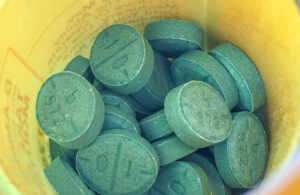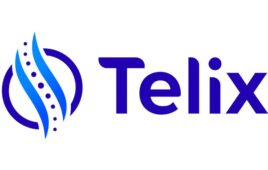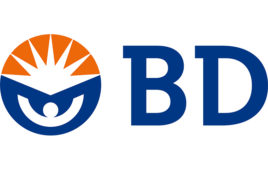
[Image courtesy of Wikimedia Commons]
Half of the physicians have directly witnessed the Adderall shortage in their practices, according to a recent Sermo survey of 348 physicians.
Demand for Adderall is increasing. IQVIA notes that Adderall prescriptions jumped 10.4% in 2021 over the prior year.
Also complicating matters is the fact that Adderall is a Schedule II drug, which means that the DEA limits the quantities of the drug manufacturers can produce.
COVID-19-related labor shortages have also disrupted production. The biggest U.S. supplier of the drug, Teva (NYSE:TEVA), has blamed labor shortages related to the packaging of Adderall for the shortage. Novartis subsidiary Sandoz has also acknowledged manufacturing shortages related to the drug.
The shortage of the drug can have a significant impact on the quality of life of patients with ADHD and also narcolepsy. For example, the Sermo survey found that 82% of surveyed physicians were concerned about the implications of the Adderall shortage on adult patients’ quality of life, jobs and relationships. Even more, 87% of physicians were concerned about how the shortage would affect children with ADHD and their parents.
Almost three-quarters of physicians, 74%, who took part in the survey worried that patients would look for alternative treatments. While some patients may find benefit by obtaining prescriptions for short-acting methylphenidates such as Ritalin or longer-acting forms of Adderall, others may be tempted to search for non-prescription stimulants.
An ever-present risk is that some patients may unwittingly obtain counterfeit Adderall or other non-prescription stimulants laced with fentanyl that could potentially prove fatal. Drug overdoses involving psychostimulants increased by 50% from 2019 to 2020, according to Health Affairs.
Adderall is not the only drug to face a shortage in recent memory. Tamiflu, albuterol, amoxicillin and over-the-counter medicines such as liquid ibuprofen and acetaminophen have also experienced shortfalls.
Congresswoman Abigail Spanberger (D-Virginia) sent a letter on December 19 to the Drug Enforcement Agency (DEA) and FDA, asking the agencies to take action to help address the shortage of Adderall. “The ongoing shortage has made it difficult for patients to manage their ADHD and created especially acute challenges for parents of children with ADHD,” Spanberger wrote.
The congresswoman attributes the shortage, in part, to a rise in telehealth diagnoses of ADHD during the pandemic. “The surge in demand through online providers has caused concerns that many of these new prescriptions may be for inaccurate diagnoses,” she wrote.





Tell Us What You Think!